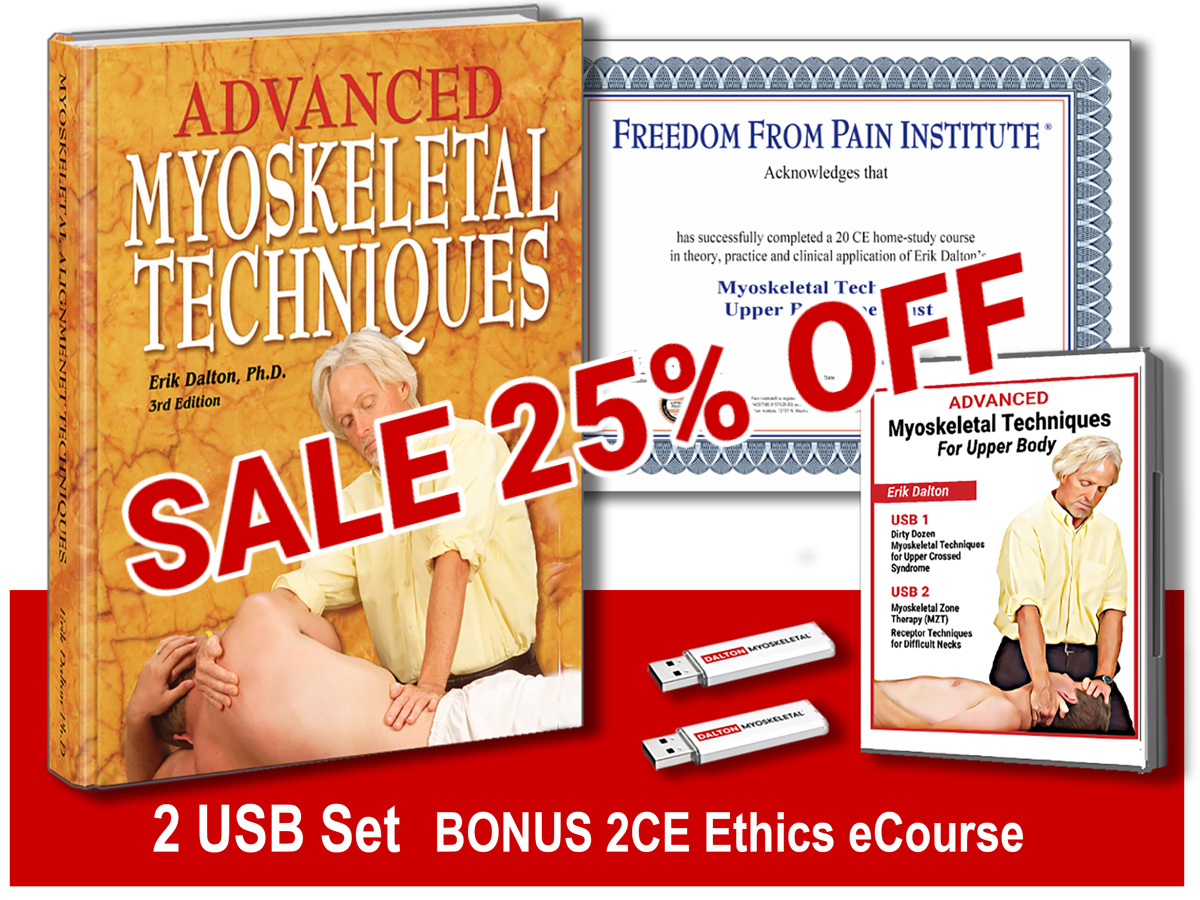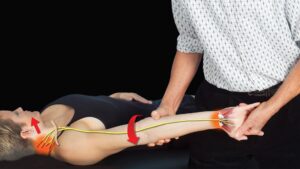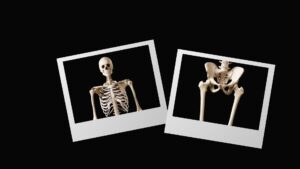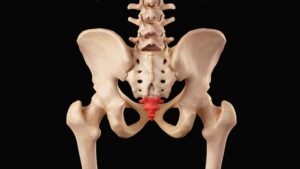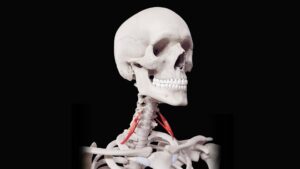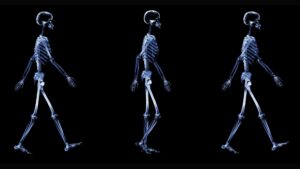
The world of massage therapy offers a wide range of career options. Whether you’re thinking about starting your own practice, working in a spa, joining a wellness clinic, or even becoming part of a hospital rehab team, there’s a path for everyone in this field. If you’re interested in specializing in medical massage, continuing education (CE) courses are the key to moving your career in that direction.
Continuing education courses are not just about keeping your license up to date—they’re also a way to guide your career wherever you want it to go. Think of CE courses as a steering wheel. Once you’ve finished your basic training, the classes you choose can help you build the type of practice you want. Whether you enjoy relaxation massage or want to work more on the medical side, taking the right courses can help you get there.
If you’re still figuring out which part of massage therapy interests you the most, exploring different CE courses can be a great way to discover what you like. Each course adds new skills and techniques to your toolbox, helping you decide what fits best with your natural talents and career goals.
Before you sign up for any course, make sure it meets the right standards. Many states, employers, and professional groups require CE credits to come from approved providers, like those recognized by the National Certification Board for Therapeutic Massage & Bodywork (NCBTMB). Knowing the requirements for your state or employer will help ensure that your credits count toward your license renewal. It’s always a good idea to double-check before enrolling so you don’t run into problems later.
If medical massage is the path you want to take, your next step is deciding what kind of medical massage you’re most interested in. There are generally two main types: acute care and sports rehab, though the two often overlap.
Acute care massage is often done in hospitals or clinics, where therapists help patients recovering from surgery or dealing with serious health conditions. This kind of massage focuses on gentle techniques to reduce pain, promote healing, and help patients feel more comfortable. If this is the type of work that interests you, you’ll want to take CE courses in areas like lymphatic drainage or massage for cancer patients.
On the other hand, sports rehab massage is more focused on treating injuries, pain, and postural problems. This type of massage often uses deeper techniques to relieve pain and fix muscle imbalances. If you want to work with athletes or help people with chronic pain, learning advanced techniques for conditions like back pain or joint issues will be important.
One of the leaders in this area is Erik Dalton, who runs the Freedom From Pain Institute. Dalton offers a variety of CE courses for therapists who want to specialize in pain management and rehabilitation. His courses teach how to evaluate and treat musculoskeletal pain with hands-on techniques like Myoskeletal Alignment Therapy (MAT), which blends deep tissue massage with postural assessments.
Dalton’s CE courses are approved by the National Certification Board for Therapeutic Massage and Bodywork NCBTMB and the Federation of State Massage Therapy Boards FSMTB, so you can earn the credits you need while learning valuable new skills. Completing one of his programs also gives you the chance to become a Certified Myoskeletal Therapist, a title that can boost your credibility in the medical massage world.
Whether you choose one of Dalton’s live workshops, online courses, or home study programs, you’ll be setting yourself up for success in medical massage. These courses not only teach effective techniques but also help you offer lasting pain relief to your clients. Plus, you’ll be earning credits toward renewing your license, making it a win-win situation.
In the end, the CE courses you choose can have a big impact on your career as a massage therapist. Whether you want to work with athletes, help patients recover from surgery, or simply build new skills, continuing education is the way to get there. With the right classes and a commitment to learning, you can take your career to the next level and find a fulfilling place in the world of medical massage.
On sale this week only!
Save 25% off the Upper Body Course!
NEW! Enhanced video USB format!!!
Learn unique approaches to work with the shoulder girdle, arms, neck, and torso, this course will prepare you to relieve painful myoskeletal issues in the upper body. Through video demos and animation, you’ll learn to identify several compensatory movement patterns and their associated reflexogenic pain. With this understanding of where the true source of problems arise, you’ll be able to develop highly effective treatment protocols and deliver lasting results. This course provides you with the skills you need to confidently relieve pain issues in the upper body. (20 CE)
Bonus: When you order the Home Study version, get the eLearning course and and an additional 2CE Ethics eCourse for free!
Save 25% off the Upper Body Course this week only. Offer expires Sunday, March 1st. Click the button below for more information and to purchase the course for CE hours and a certificate of completion to display in your office.
